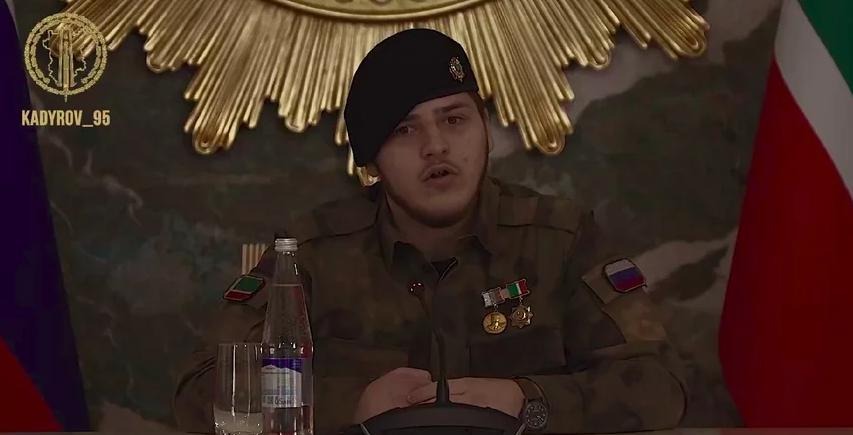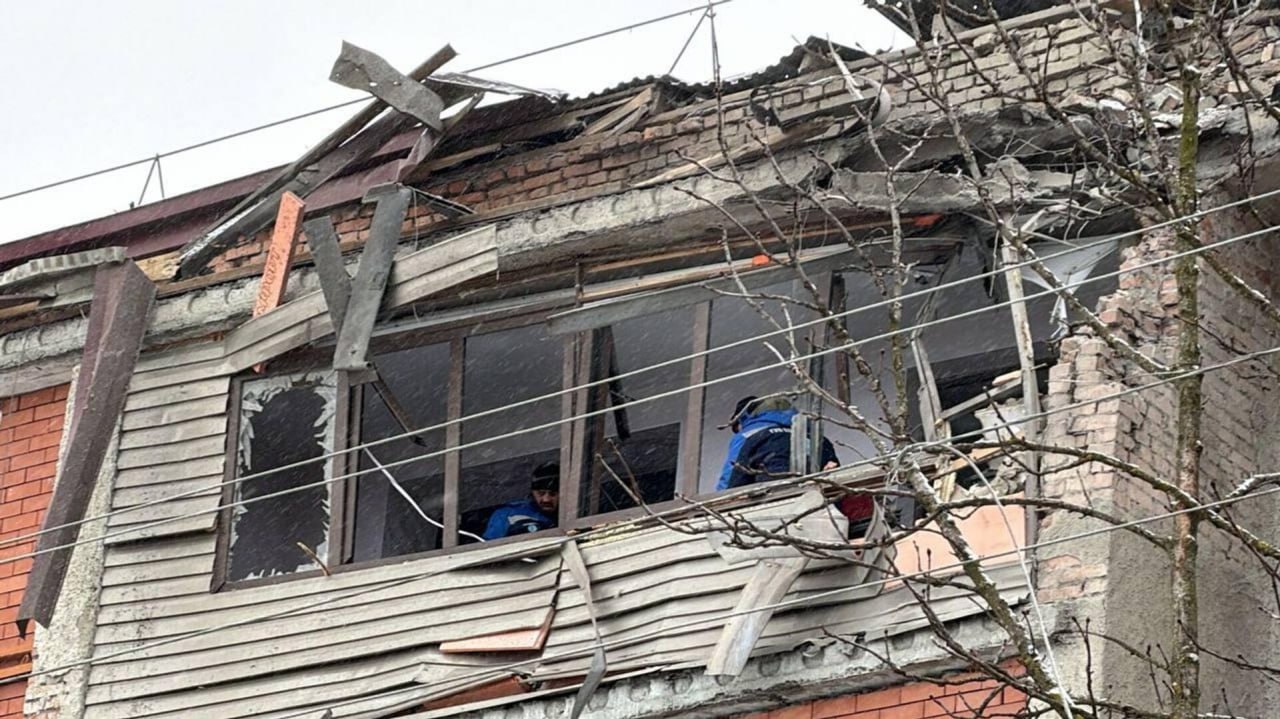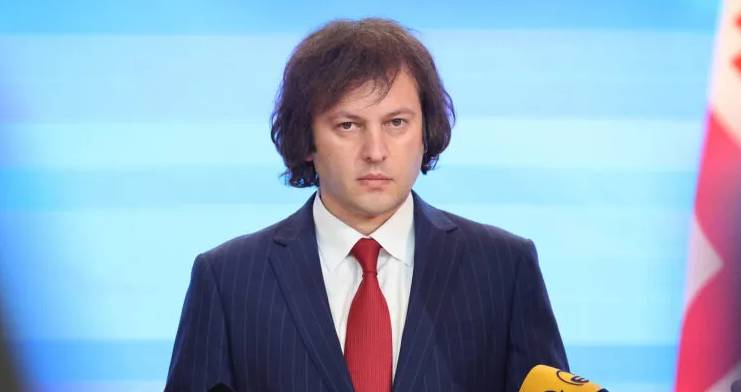Two days after media and Telegram channel reports of an accident involving the son of Chechen leader Adam Kadyrov, official sources have provided no information on the matter.
On February 1, on the eve of the 80th anniversary of the victory in the Battle of Stalingrad, a monument to Joseph Stalin was solemnly opened in Volgograd. Memorials were also erected to Marshals Alexander Vasilevsky and Georgy Zhukov.
The day before, a survey was conducted in the city about returning the old name of Stalingrad to the city. Two-thirds of residents (67%) spoke out against the renaming, although economic reasons were more often cited as arguments rather than condemnation of the crimes of the “leader of the peoples.”
Discussions about renaming have been ongoing for many years. In 2014, Russian President Vladimir Putin said that the region itself should resolve this issue through a referendum. It is unknown whether it will be held and when, however, the City Duma last year decided to return the city’s “original, heroic name” on holidays. Nine days a year, “Stalingrad” signs are installed on federal highways at the entrances to the city. These are the days “thanks to which the city entered world history as having repulsed the Nazi invaders,” the mayor’s office explains: February 2 (the day of victory in the Battle of Stalingrad), May 8 (the day Volgograd was awarded the title “Hero City”), May 9 (Victory Day), June 22 (the beginning of the Great Patriotic War), August 23 (the day of remembrance of the victims of Stalingrad), September 2 (the day of the end of World War II), December 9 (the Day of Heroes of the Fatherland), November 19 (the day the defeat of fascist troops began under Stalingrad) and February 23 (Defender of the Fatherland Day).
Meanwhile, for millions of Russians, the last date is not a holiday, but a day of remembrance and mourning for the victims of Stalin’s deportation of the Vainakhs. On February 23, 1944, Operation Lentil began, during which Chechens and Ingush were completely resettled from the Caucasus to Central Asia. Karachais, Balkars, Koreans, Germans, Ingrian Finns, Kalmyks, Crimean Tatars, and Meskhetian Turks were also subjected to mass deportation in Stalinist Russia. For all these peoples, as well as for a huge number of other Russians, perpetuating the memory of Stalin is an insult to the memory of the victims of the bloody dictator.
The monument to Stalin in Volgograd is not the only one. In December 2019, local communists erected another monument in the city center to mark the 140th anniversary of the birth of their idol. Busts and monuments to the “leader” also stand in other cities of the country.
Meanwhile, residents of Chechnya continue to sue, seeking the right to rehabilitation. Thus, recently the Zavodskoy District Court of Grozny satisfied the claim of Salisat Shamsueva to recognize her as rehabilitated. The woman was born in a special settlement for deportees in Kazakhstan, where her parents were exiled. The Ministry of Internal Affairs refused to issue her a certificate of rehabilitation, since she was born after administrative supervision was lifted from Chechens. Nevertheless, they were not allowed to return to their homeland, so the court declared her a victim of political repression.
Previously, a similar case was won by Chechen Malkan Radueva, who was born in the Kazakh village of Aldyr, where her parents were deported. According to the Law “On the Rehabilitation of Victims of Political Repression” of 1991, rehabilitated persons and their heirs are compensated for material damage caused in connection with repression from the federal budget.



